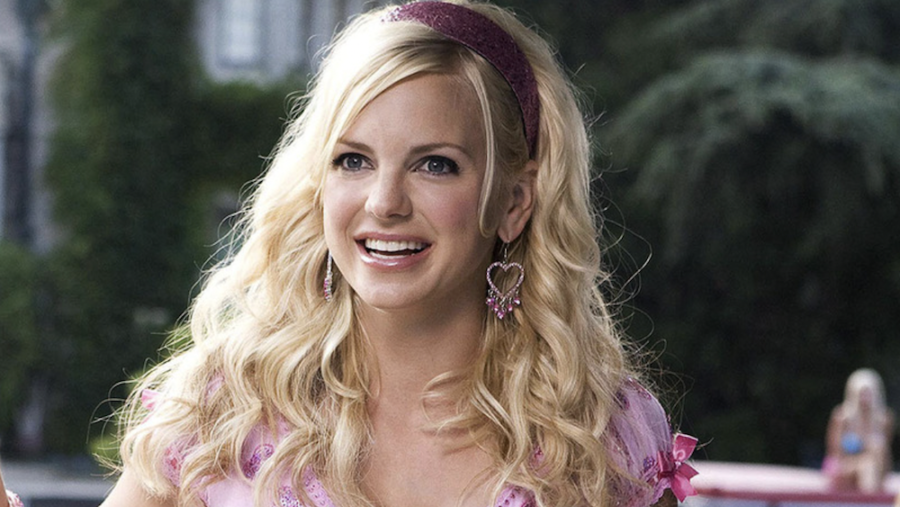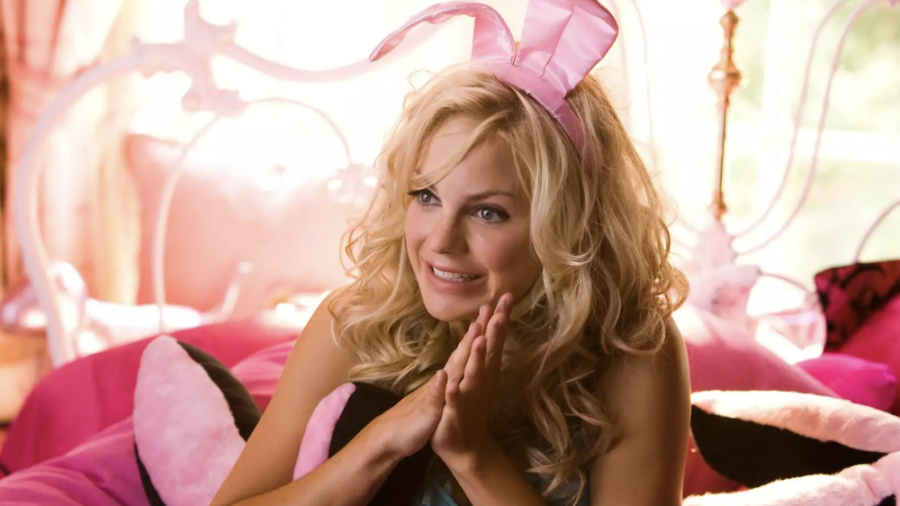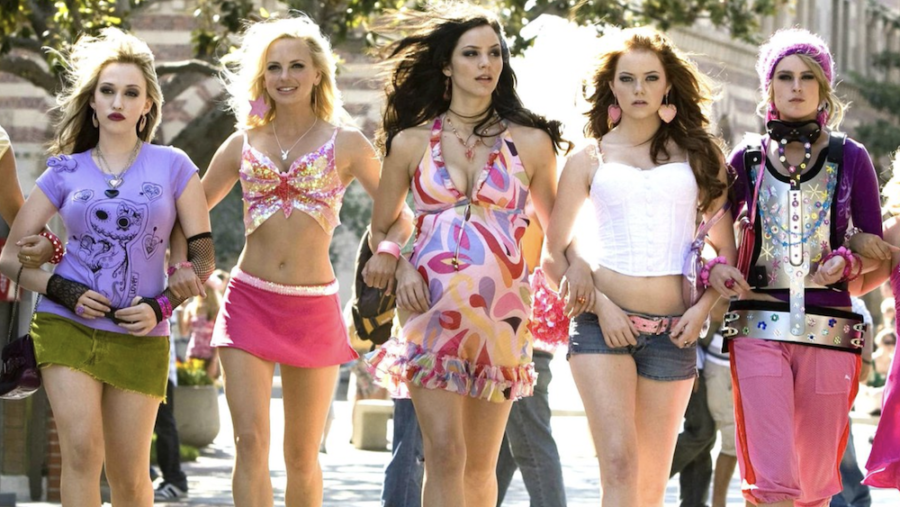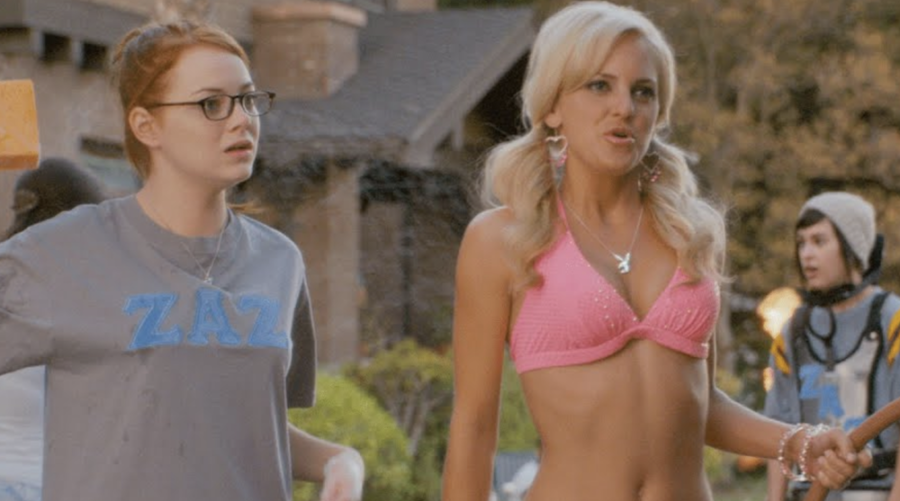The Sexy Anna Faris Movie On Netflix Would Never Be Made Today

In The House Bunny, now streaming on Netflix, Anna Faris showcases her impeccable comedic timing and undeniable charm, reminding audiences why she’s one of Hollywood’s beloved comedic actresses. As the effervescent Shelley Darlingson, Anna Faris takes us on a journey filled with laughter, makeovers, and unexpected friendships.
From the luxurious life at the Playboy Mansion to the chaotic world of sorority living, the film presents a quirky, endearing tale that resonates with anyone who’s ever felt like a fish out of water. Dive into the delightful chaos and let Faris’s effervescence brighten up your movie night.
Anna Faris stars in The House Bunny which is currently streaming on Netflix
In The House Bunny, Anna Faris stars as Shelley Darlingson, a bubbly and naïve Playboy Bunny living the dream at Hugh Hefner’s famous Playboy Mansion. However, on her 27th birthday, she’s unexpectedly evicted from the Mansion, finding herself out in the real world with nowhere to go.

Lost and struggling to make sense of life outside the glamorous walls of the Mansion, she stumbles upon the Zeta Alpha Zeta sorority house. The Zetas are the misfits of the college’s sorority system, facing the threat of losing their house if they can’t attract more pledges.
Spotting an opportunity to help and to find a new place she could call home, Anna Faris as Shelley becomes the sorority’s house mother. With her knowledge of beauty, fashion, and partying, she embarks on a mission to transform the socially awkward Zeta girls into popular and desirable sorority sisters. These include the likes of Emma Stone, Kat Dennings, Katherine McPhee, and Rumer Willis.
In addition to Anna Faris, The House Bunny, also stars Emma Stone, Kat Dennings, Katherine McPhee, and Rumer Willis.
Along the way, Anna Faris also discovers her own self-worth and learns that beauty isn’t just skin deep. As she teaches the girls to be confident and embrace who they are, she also finds herself growing, realizing that there’s more to life than what she had known at the Playboy Mansion.
Through ups and downs, laughs, and heartwarming moments, The House Bunny delivers a tale of friendship, self-acceptance, and the journey to finding one’s true place in the world.

Anna Faris’s The House Bunny, released in 2008, hails from an era when the comedic landscape was quite different from what it is today. The film leaned heavily into various stereotypes for its humor, portraying characters like the quintessential ditzy Playboy Bunny and the socially awkward sorority sisters.
Anna Faris’s The House Bunny, released in 2008, hails from an era when the comedic landscape was quite different from what it is today
While these character archetypes provided comedic fodder at the time, in today’s more socially conscious climate, they might be viewed as lacking depth or nuance.
Furthermore, the Anna Faris movie’s emphasis on physical beauty and outward appearances stands out. The central narrative revolves around transforming the sorority sisters primarily through altering their looks. While there is a nod to the importance of inner beauty and self-worth, the overarching theme is external transformation.
This focus on appearance, especially the notion that women need to look or act a certain way to be accepted or loved, could clash with contemporary audiences’ sensibilities.
Another point of contention in today’s context could be the film’s occasional lapses into cultural appropriation. Some of the makeovers and party themes depicted would likely be criticized in modern discourse.
Additionally, the Anna Faris film’s playful engagement with Playboy culture may not resonate well with contemporary viewers, especially given the evolving perspectives on Hugh Hefner and the Playboy empire.
With more discussions and revelations about the treatment of women within the Playboy circle coming to the fore in recent years, a film that even tangentially celebrates that world might be deemed problematic.

In sum, while The House Bunny was embraced as a lighthearted Anna Faris comedy in its day, it’s clear that its themes and portrayals might be subjected to closer scrutiny if released in the current era. Today’s filmmakers and studios, aware of these shifting sands of social discourse, often aim for a balance between entertainment and sensitivity.
The House Bunny provides a comedic glance into the world of sororities, Playboy, and the age-old narrative of personal transformation. Anna Faris, with her impeccable comedic timing and undeniable charisma, shines in her role, making the film memorable despite its potential problematic themes. While the movie may not align with contemporary sensibilities in some respects, it’s essential to view it as a product of its time.
Like many films from the past, it offers a glimpse into the prevailing attitudes and trends of its era. As it lands on Netflix, new and returning viewers can appreciate Anna Faris’ performance, enjoy the comedic moments, and reflect on how the cultural landscape has evolved since its release. It serves as both entertainment and a touchpoint for conversations about representation, comedy, and changing societal norms.












